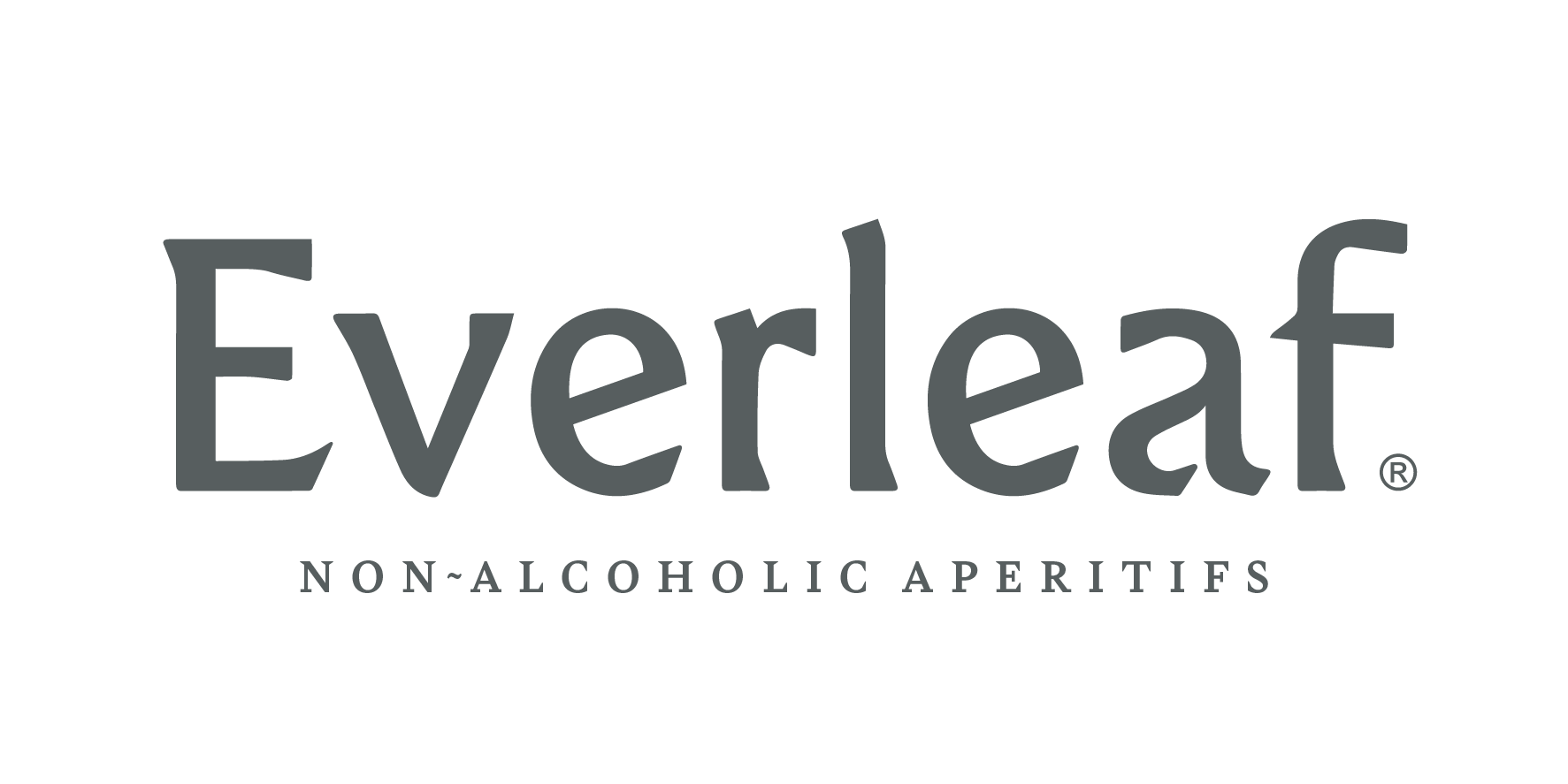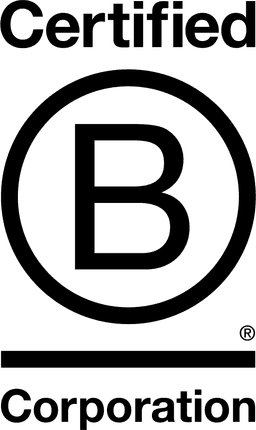

London Botanical Drinks Limited

London Borough of Camden, United Kingdom
March 2023
Beverages
Wholesale/Retail
United Kingdom
Launched in 2019, Everleaf make the world’s most complex non-alcoholic aperitifs, with depth, aroma, flavour, body & complexity to rival the best alcoholic brands on the market. The Everleaf range includes three aperitifs anchored to different parts of the natural world: Forest, Mountain and Marine. These act as both inspiration for flavour profiles and sources for key botanicals. Each can be simply mixed with light-tonic water, ice and a freshly sliced garnish to create a delicious spritz. Crafted by their unique knowledge of botany and conservation, Everleaf believes what it's created from the natural world should connect you to it, and help protect it. This is the foundation for the three pillars of their sustainability strategy - sourcing, working and giving. They source sustainably, telling the stories of their plants as they go. They work with B-corp principles in mind, from stakeholder relationships through to measuring their impact across scope 1-3 emissions and offsetting through forest, mountain and marine conservation offsets. Finally they give, by donating to partners such as conservation charity Fauna & Flora through 1% For The Planet, as well as supporting drink industry charities including Equal Measures and The Drinks Trust.
Overall B Impact Score
Governance 16.6
Governance evaluates a company's overall mission, engagement around its social/environmental impact, ethics, and transparency. This section also evaluates the ability of a company to protect their mission and formally consider stakeholders in decision making through their corporate structure (e.g. benefit corporation) or corporate governing documents.
What is this? A company with an Impact Business Model is intentionally designed to create a specific positive outcome for one of its stakeholders - such as workers, community, environment, or customers.
Workers 32.3
Workers evaluates a company’s contributions to its employees’ financial security, health & safety, wellness, career development, and engagement & satisfaction. In addition, this section recognizes business models designed to benefit workers, such as companies that are at least 40% owned by non-executive employees and those that have workforce development programs to support individuals with barriers to employment.
Community 19.3
Community evaluates a company’s engagement with and impact on the communities in which it operates, hires from, and sources from. Topics include diversity, equity & inclusion, economic impact, civic engagement, charitable giving, and supply chain management. In addition, this section recognizes business models that are designed to address specific community-oriented problems, such as poverty alleviation through fair trade sourcing or distribution via microenterprises, producer cooperative models, locally focused economic development, and formal charitable giving commitments.
Environment 15.2
Environment evaluates a company’s overall environmental management practices as well as its impact on the air, climate, water, land, and biodiversity. This includes the direct impact of a company’s operations and, when applicable its supply chain and distribution channels. This section also recognizes companies with environmentally innovative production processes and those that sell products or services that have a positive environmental impact. Some examples might include products and services that create renewable energy, reduce consumption or waste, conserve land or wildlife, provide less toxic alternatives to the market, or educate people about environmental problems.
Customers 2.7
Customers evaluates a company’s stewardship of its customers through the quality of its products and services, ethical marketing, data privacy and security, and feedback channels. In addition, this section recognizes products or services that are designed to address a particular social problem for or through its customers, such as health or educational products, arts & media products, serving underserved customers/clients, and services that improve the social impact of other businesses or organizations.